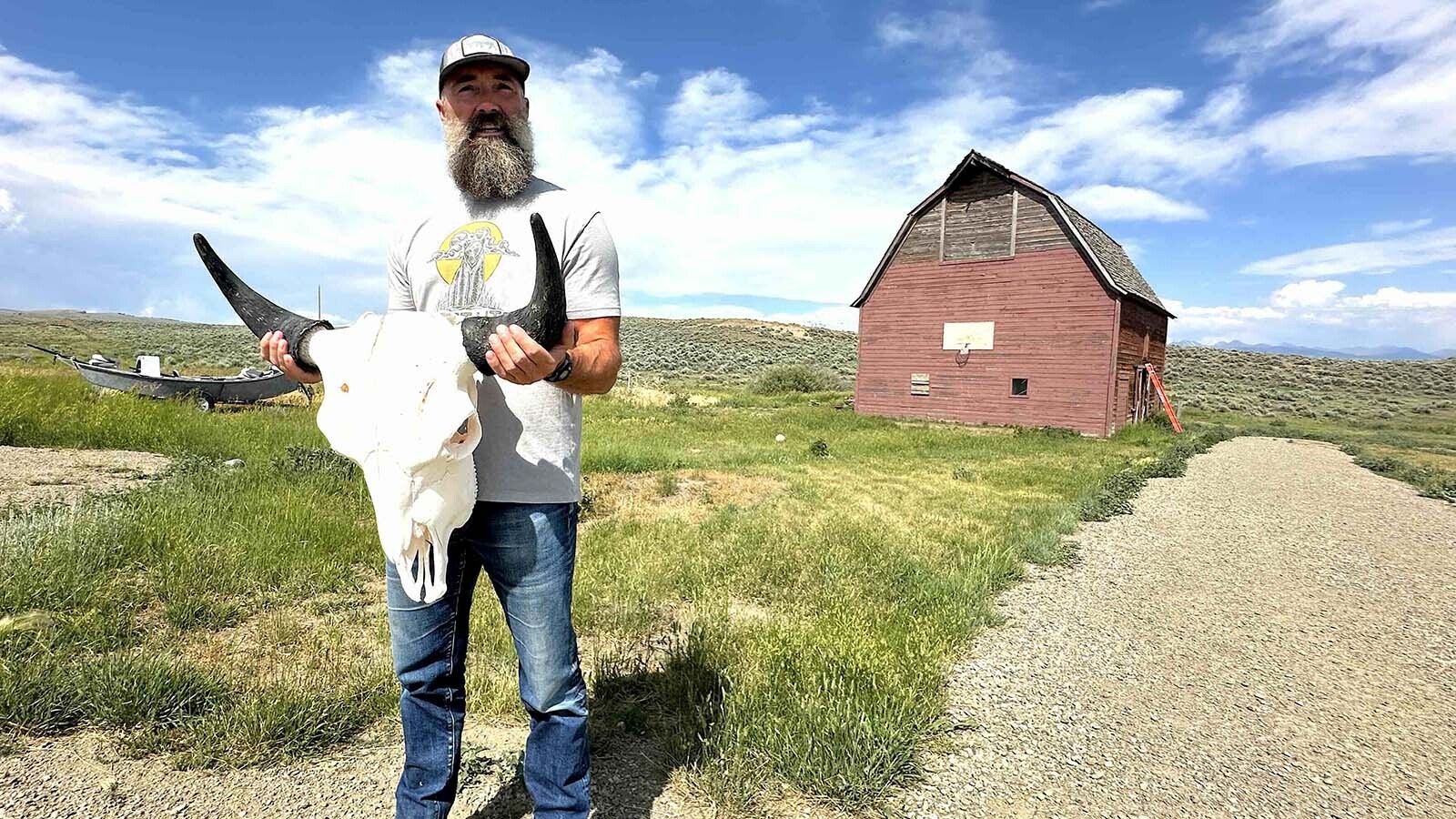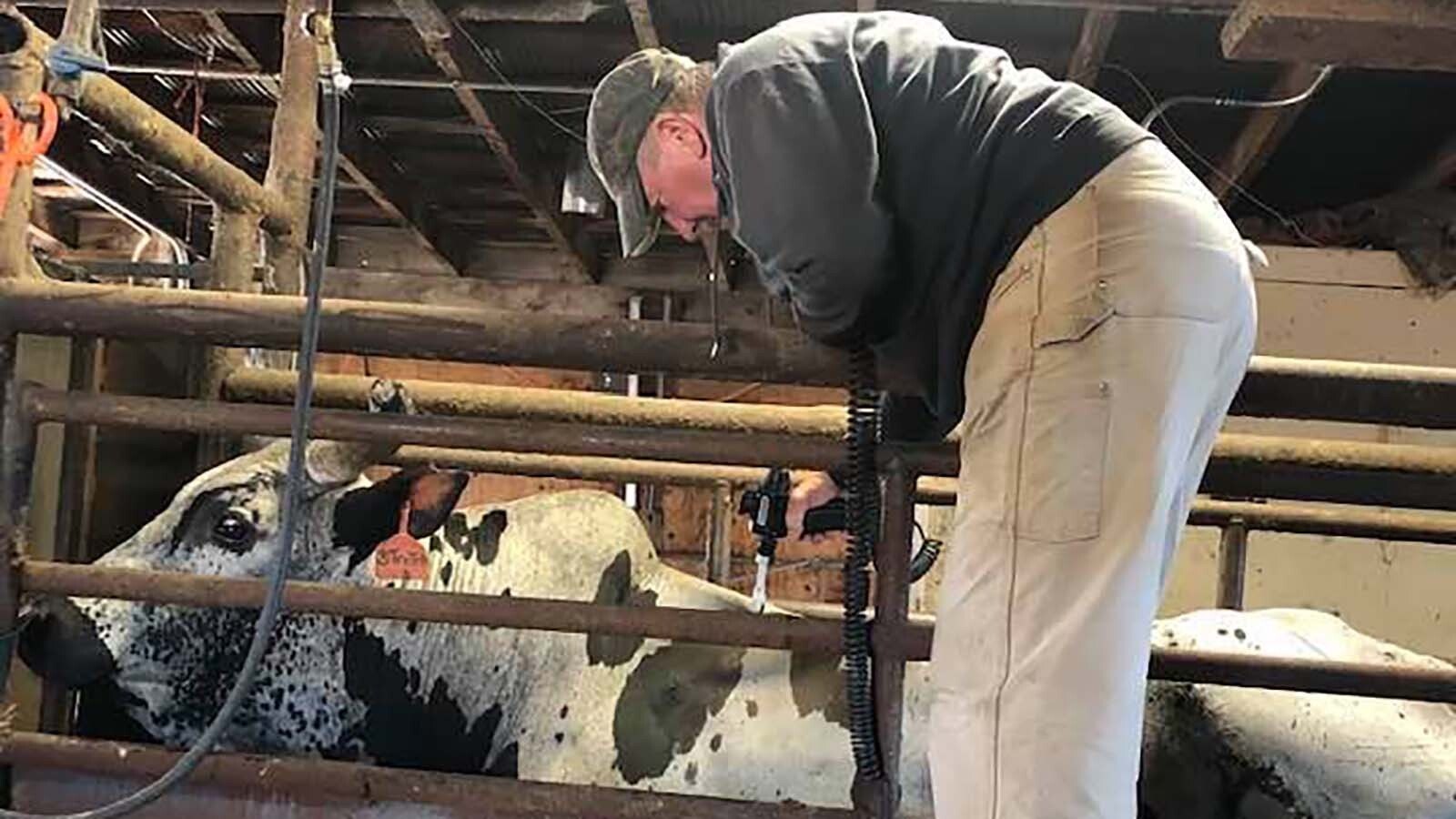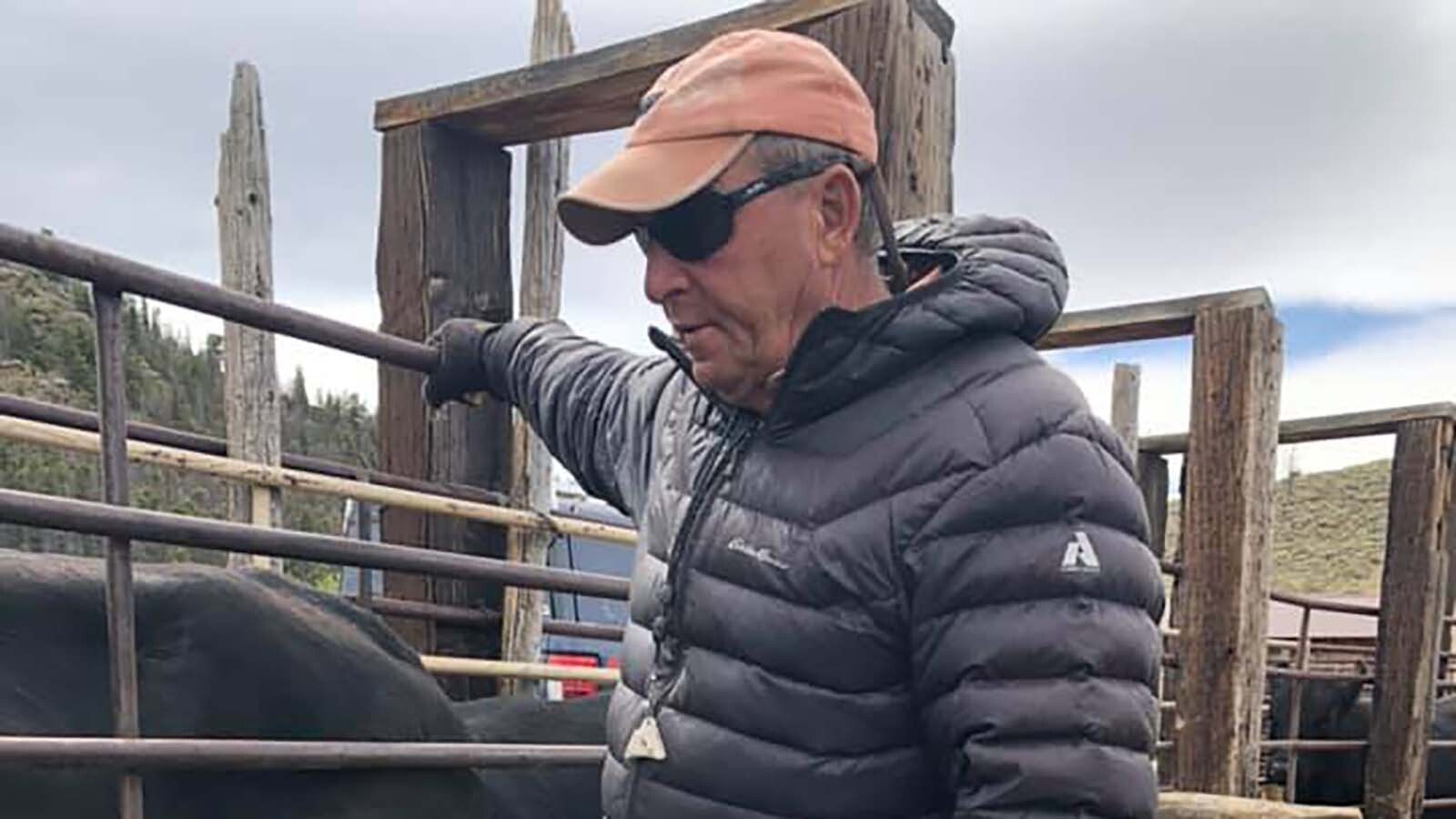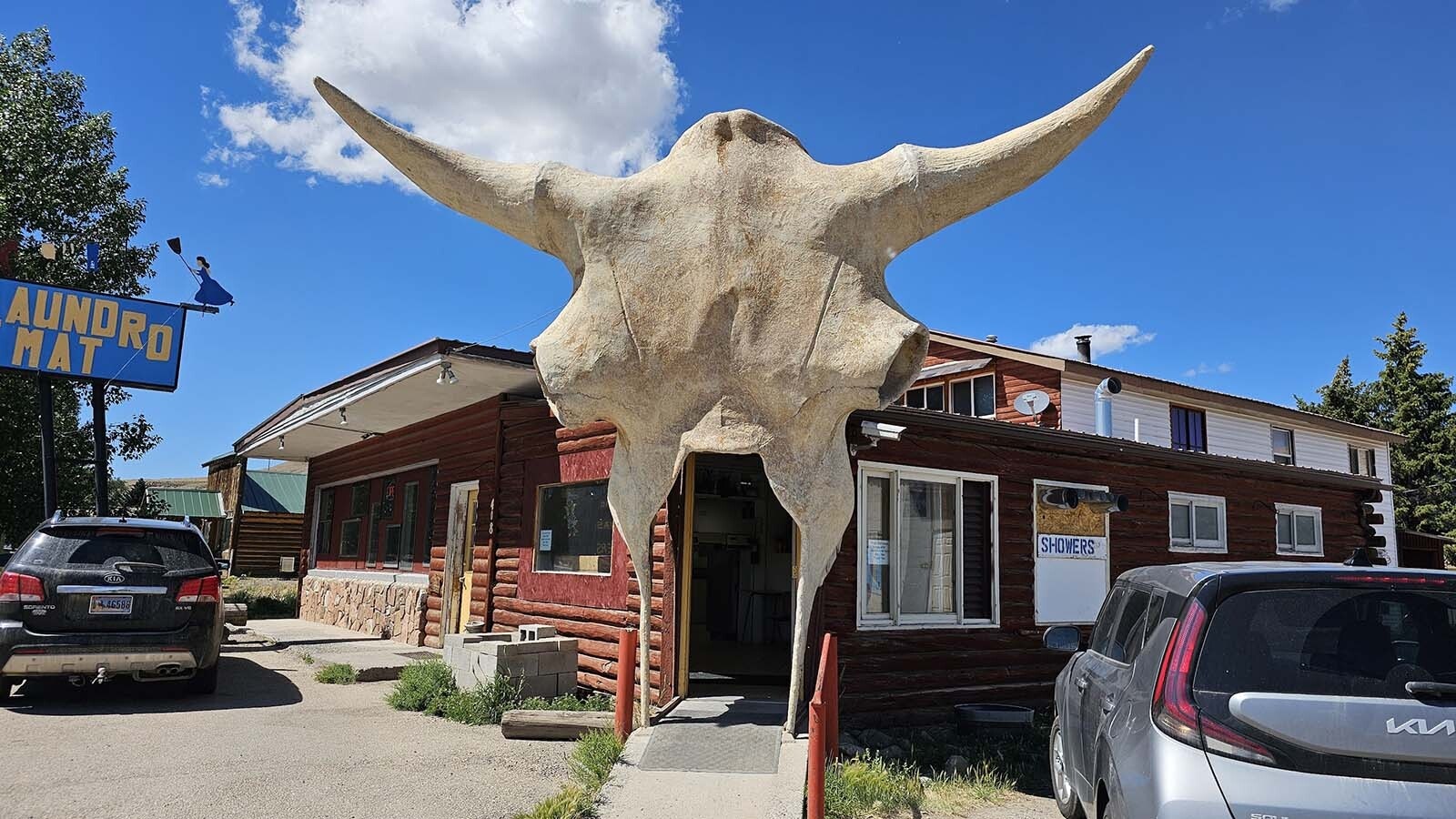Their American dream has become a nightmare.
Five hundred or more Haitian and Benin immigrants, who had work visas to enter the United States legally, took jobs at a large JBS meat processing plant not far from the Wyoming border in Greeley, Colorado, thinking they’d found their ticket to America and her promised land of freedom.
Instead, they found themselves packed into squalid living conditions they describe as worse from where they came from, as well as charged extra fees they were forced to pay to a supervisor named Ebah Edmond and/or his associates, including a man named Mackenson Remy, according to stunning allegations leveled by the UFCW Local 7 union.
Among these fees were so-called “employment contracts,” ranging up to $17,000, as well as service fees between $100 to $200 for filling out pre-employment forms for JBS, such as medical evaluations and job applications.
“Nobody has to pay for that,” UFCW Local 7 President Kim Cordova told Cowboy State Daily. “That’s not a condition of employment with JBS. They’re under a collective bargaining agreement. But they were paying this guy — who was ultimately going to be their supervisor, because he supervises the second shift, where you see a lot of these workers got their jobs.”
The immigrants were also being charged for rides from the airport when they arrived in America to Greeley, Cordova said, as well as daily trips to and from the JBS plant where they worked. They were also charged weekly rent between $60 to $120 for shared living spaces at a motel in Greeley, even though the company had already paid the motel for these rooms.
“We also had reports of up to 30 to 50 people living in a room, sleeping on floors, with no hot water,” Cordova said. “It was a mess.”
JBS Denies It Knew About Problems
JBS spokeswoman Nikki Richardson told Cowboy State Daily that Remy was never an actual JBS employee, and that he’s since been banned from the Greeley facility after the “alarming” allegations came to light.
“We also notified local authorities and will cooperate with any resulting investigation,” she said. “If it is determined that people were harmed by Mr. Remy’s actions, we will provide support to those individuals.”
New human resources leaders have been placed at the Greeley facility, Richardson said, and new recruitment training programs have been implemented as well, to ensure everyone is aware of company policies.
“JBS takes the safety and welfare of all our team members seriously,” she said. “We are also working with UFCW International to educate prospective and current team members about hiring policies enterprise wide.”
Fees for pre-employment services, including transportation, application, pre-hire medical requirements and designated housing are not among the hiring policies, Richardson added.
“Any allegations of poor living conditions are unacceptable and upsetting,” she said. “We want all of our employees to have access to safe housing, and the opportunity to create a better life for themselves and their families.

Whitewashing It
Cordova characterized such statements as part of a “whitewash” the company has engaged in since Local UFCW 7 reported the allegations in December.
“The company knew about these tactics,” she said. “And, in fact, paid for workers to live in squalor conditions at a local motel, and turned a blind eye until they were questioned by the press. One of the main individuals involved in this terrible treatment is still employed by JBS.”
The questionable practices came to light after union leaders noticed a disproportionately large number of immigrant workers, particularly those from Benin and Haiti, listing the same home address as their supervisor.
“We were seeing a pattern, like why are all these people at this address, so I mean it was a lot of applications,” Cordova said. “We were seeing 10, 20, 30, 40 people coming in every single week with that same address.”
Some workers also started complaining to a union steward, who is from West Africa and speaks French, that they were not getting the referral and retention bonuses they were entitled to.
“They were saying this HR manager was scrubbing the data off the request for the bonus and putting his name on it, so they were not getting their bonus money,” Cordova said. “So, they were paying him for food, paying him for rides, and paying the rent — even though JBS had already paid for it.”
The workers also reported being threatened that if they left their job, they’d have to pay money back to their supervisor.
“This is where it’s like servitude,” Cordova said. “Like this is all human trafficking. In our opinion, we think it meets the definition. They were being threatened that they would lose their job if they didn’t pay their fees on time to the supervisor.”
Renée Jean can be reached at renee@cowboystatedaily.com.





